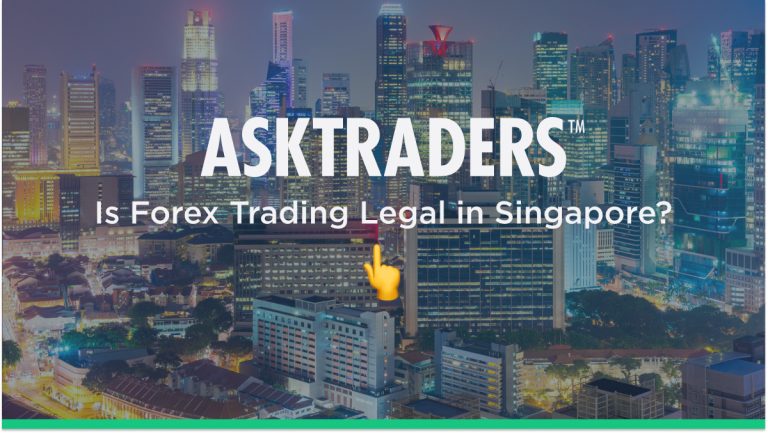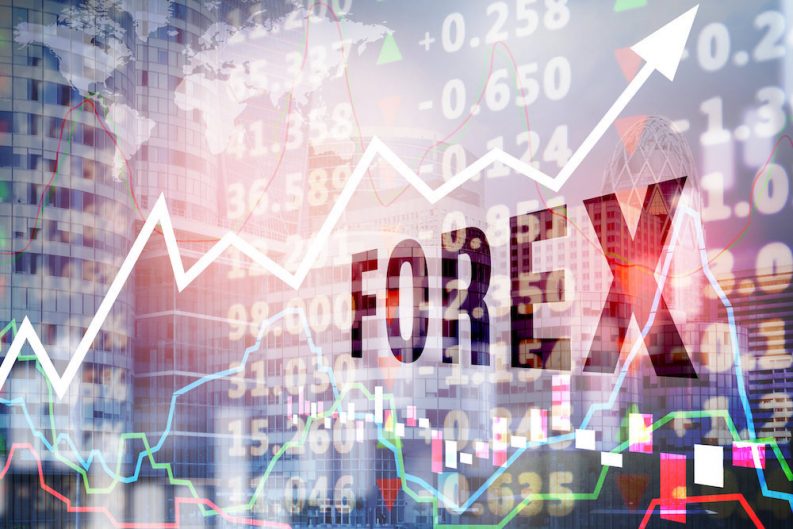
Following its independence from Malaysia in 1965, Prime Minister Yew, accepted the community’s English heritage and fostered education and upward mobility for all citizens. Anglo Saxon common law led to political stability, and, as a result, Singapore has a reputation for being business friendly and welcoming. Is Forex trading legal in Singapore, though?
Major global banks and a host of other well-known financial service companies, including forex brokers, have flocked to this tiny island community of just under six million people. Singapore is also a high-tech centre, supported by the latest in technology infrastructure – a perfect host for servers and telecommunication networks for today’s virtual economy. Workers tend to be highly skilled and tech-savvy, another benefit of this booming financial centre.
Law and regulation on forex trading in Singapore
Singapore’s local government and culture is well known for strict adherence to and enforcement of rules, customs, and regulations. With the country’s emphasis on international trade, it is no surprise that Singapore is also a financial hub for foreign exchange. Daily forex trading turnover is said to be the largest in the region and to rival that of both New York and London. Registration, licensing, and regulatory oversight are the purview of the Monetary Authority of Singapore (MAS).
The MAS was established in 1970. It operates as the Central Bank of Singapore, as well as the primary financial regulatory body in the country. While the agency focuses on promoting and sustaining economic growth, it also has responsibility for every aspect of monetary policy, banking and finance, and the insurance industry. The MAS oversees the forex trading industry and is instrumental in implementing favourable policies in the FinTech arena, as well.
Any forex broker wishing to operate physically in Singapore must be licensed by the MAS and adhere to strict codes of conduct, capital adequacy requirements and operating standards. All customer deposits must also be segregated in separate bank accounts for safety and security. Currently, there are nine forex brokerage licenses that have been issued.
These nine entities in alphabetical order are CMC Markets, IG Markets, KGI World, Maybank Kim Eng Securities, OANDA, OCBC Securities, Phillip Futures, Plus500 (offers CFD service only) and Saxo Capital Markets. The MAS, however, does not require that its citizens or foreign residents in Singapore only deal with one of these brokers. It permits trading relationships with entities offshore, as long as those entities are regulated by a respected local regulatory body in its home country.

Is forex trading legal in Singapore?
With highly educated citizens, an emphasis on international trade, and one of the world’s highest per capita GDP, it naturally follows that forex trading would be popular among the residents of this island. While several of its neighbours laboriously restrict the flow of foreign exchange in and out of their national borders, Singapore government officials and the MAS have been quite accommodating of forex trading within the confines of Singapore. Put simply, trading forex in Singapore is legal.
The Primary concern of the MAS is to protect consumers from fraud, corruption and bad business practices. As a result, trading foreign exchange in Singapore has grown in popularity over the past two decades.
Safety and security have not been issues that have plagued other fast growing economies whenever forex trading was introduced. The Singapore Dollar (SGD) is also extremely stable due to Singapore’s stellar credit rating, the reliability of its banking and finance infrastructure, and the consistency of its monetary policy.
What are the tax consequences of trading forex in Singapore?
Another good reason why forex trading has grown in popularity is that there are no tax consequences for individual retail traders. Brokers are not required to report gains or losses to taxing authorities, and, as long as you are not a professional trader, you will have no tax obligations related to your trading activities.
Professional traders, as a rule, are those individuals employed by banks and other financial entities to trade currencies as their primary job. These traders are required to keep track of their gains and losses and then pay taxes on their net profits. There is, however, one deferment option for these tax liabilities. If these net profits are retained in accounts offshore, then there are no taxes due until the funds are transferred to a bank account maintained within Singapore.
Are the MAS and Singapore crypto-friendly?
While the Chinese government has cracked down on the crypto industry and Indian officials cannot make up their collective minds about the phenomenon, the popularity of Bitcoin and its alternative crypto coin programmes has soared across the entire Asia Pacific region. If anything, Singapore officials have kept an open mind, and recent activities of MAS indicate a further accommodation of present crypto trends.
Crypto exchanges have been operating in Singapore since March of 2020 under an exemption to the Payment Services Act, a set of new rules adopted to deal with the evolving digital world of payments. In August of 2021, however, the MAS took steps to formalise the presence of crypto exchanges in country by approving a license for one Australian firm. There are more than 100 applications on its desk requesting similar treatment. The delay has been due to consumer protection concerns and money laundering controls that forbid crypto anonymity allowances.
MAS officials are also working directly with the Bank for International Settlements (BIS) and other central banks to leverage the power of blockchain technology to deliver cross-border payment capabilities at extremely reduced price points. The project is designed so that “even the lowest income citizens would be able to participate in the global economy” (source: Forbes). Costs today average in excess of 6% for a single transaction. The blockchain could potentially reduce these costs to a matter of cents. The new initiative is called Project Dunbar.
Concluding Remarks
Forex trading in Singapore is legal and flourishing. Government officials in the country continue to take steps to enhance the status of the island community as the financial hub in Asia for all financial transactions, including cryptocurrencies. The Monetary Authority of Singapore has created a safe and secure environment for its retail forex traders and displayed a willingness to work with all participants in the forex industry as it evolves over the next decade.




